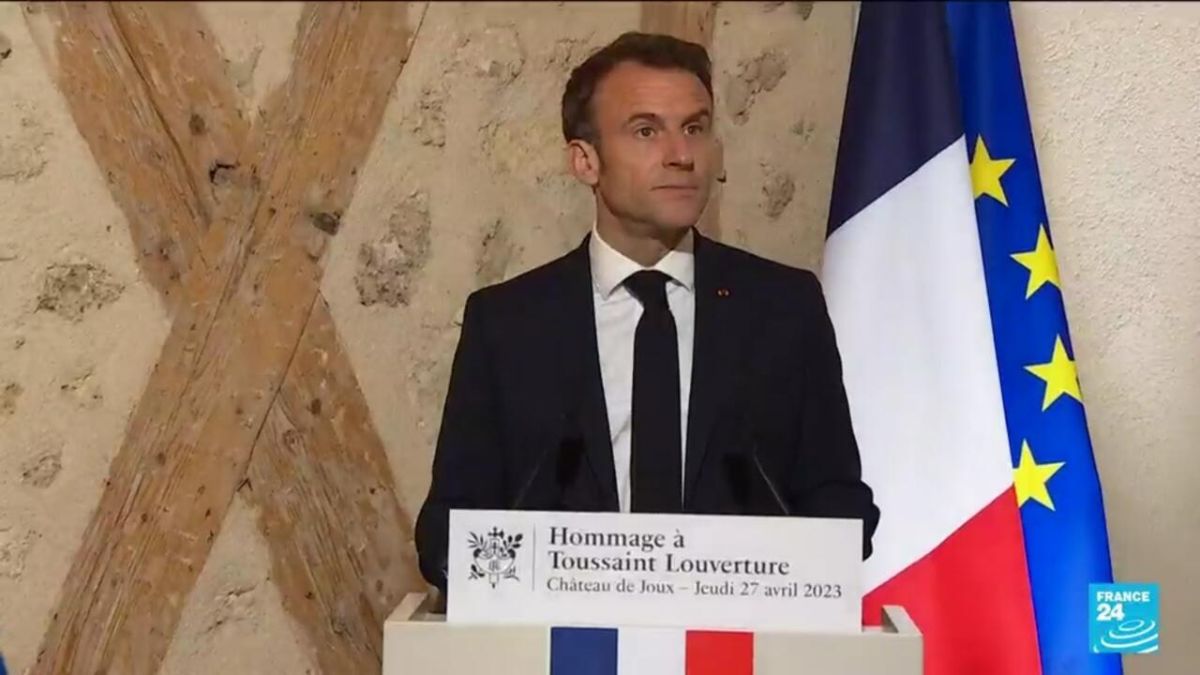European travel boycott is already impacting the American tourism industry. Once enamored with the glamour and promise of American culture, more and more European travelers are now pulling the plug on trips to the U.S. in 2025.
Political tensions, safety concerns, and what many describe as “hostile rhetoric” from U.S. leadership have triggered a massive wave of cancellations across Europe. What was once a dream destination is now sparking anxiety, frustration, and even a quiet rebellion. Let’s dive into the biggest reasons behind this travel exodus and how it’s already impacting the American tourism industry.
European Tourists Are Saying “No More” to Visiting the U.S.
In 2025, something dramatic is unfolding in the world of travel. Across Europe, once-enthusiastic visitors to the United States are rethinking or outright canceling their plans to visit. This shift is not just a temporary dip. It represents a deep, emotional reaction to the current political climate in the U.S. and is shaking up the global tourism landscape in ways that few predicted. American pop culture, music, movies, and road trip fantasies once drew millions from France, Germany, the UK, the Nordics, and beyond. But for many Europeans today, those dreams have turned into doubts and even resentment.
Take French businessman David Pereira, for example. A lifelong lover of American culture who used to collect vintage Mustangs and adored shows like “The A-Team,” he had a dream trip planned with his family to Yellowstone National Park. But as he watched months of divisive rhetoric and what he described as a stream of “fake news on fake news” coming from the U.S., he canceled his trip in protest.
“I love American culture. But it’s just unbelievable now,” said Pereira.
The excitement and admiration he once felt were replaced by a sense of disbelief and concern over what he saw happening in the country he used to idolize.
Political Tensions and Hostile Rhetoric Are Fueling the Travel Freeze
One of the most powerful drivers of this sudden shift is political. Many European travelers say they are disturbed by the U.S. administration’s combative tone toward Europe. Comments from senior officials have offended allies, caused widespread unease, and made many feel personally unwelcome. From slights directed at Ukraine and Greenland to the broader message that Europeans are “freeloaders,” the diplomatic breakdown has hit hard on a personal level.
British writer Farah Mendlesohn planned a month-long research trip to the U.S., which included volunteering at a major science fiction convention and meeting colleagues. But she canceled the entire journey after learning about the case of a Welsh woman who was detained and deported from the U.S. despite having the correct visa. Mendlesohn, who holds liberal views and once edited a politically charged book on free speech, feared she might face similar treatment. Her political beliefs, she said, suddenly felt like a liability and she didn’t want to take the risk.
Across Europe, people are not just upset; they’re angry. Trump’s perceived alignment with Putin, the suspension of aid to Ukraine, and the dismissive tone toward European concerns have been viewed as betrayals. In Denmark, a country with historically close ties to the U.S., one man compared the current situation to being attacked by a lifelong friend. “We consider the U.S. to be our best friend,” said Copenhagen resident Jacob Bøll. “Now, we’re not only not friends anymore it’s like our friend started a fist fight with us.”
Travel Data Confirms a Sharp and Alarming Decline in U.S. Visits
The emotional backlash is no longer just anecdotal. Hard data shows that European travel to the U.S. is taking a serious hit. According to the National Travel and Tourism Office, international arrivals from overseas (excluding Canada and Mexico) dropped 12% in March compared to the same time last year. This is a major blow to an industry still recovering from the COVID-19 pandemic.
Originally, experts had predicted a moderate 5% decline in travel to the U.S. for 2025, but that forecast has since been revised to a steeper 9.4% drop. In real terms, this means millions fewer visitors and billions in lost revenue. France’s leading luxury tour operator, Voyageurs du Monde, reported a 20% decrease in U.S. bookings since Trump’s inauguration. Their CEO called it the most significant decline he has seen in three decades in the industry.
Sébastien Bazin, CEO of the global hotel chain Accor, which includes major brands like Fairmont, Ibis, and Novotel, reported a shocking 25% decline in summer bookings from Europeans at U.S. properties. Meanwhile, airline data shows that even Canadians America’s closest neighbor are turning away. Car crossings at the Canada-U.S. border fell 15% in February, and flights between the two countries are down over 70% for summer travel. These figures reflect a continent-wide chill that shows no sign of warming.
Mounting Safety Concerns Are Making Tourists Think Twice
Another major factor behind the mass cancellations is concern about safety both physical and legal. Tourists are becoming increasingly worried about what might happen to them once they land in the U.S. Stories of travelers being denied entry, detained without cause, or interrogated over their social media posts have become disturbingly common. These incidents, combined with travel advisories issued by multiple European governments, have created a climate of fear that’s difficult to ignore.
Countries like Ireland, Germany, and the UK have issued official warnings advising their citizens to prepare for the possibility of being turned away at the U.S. border, even with valid visas. Other updates flag potential issues for transgender travelers, who may face discrimination if their gender identity doesn’t match the sex listed on their passport. At the same time, concerns over airplane safety fueled by budget cuts and a diminished Federal Aviation Administration are giving potential visitors yet another reason to stay home.
A Powerful Boycott Movement Is Spreading Like Wildfire
As if the drop in bookings weren’t enough, a growing social media-driven movement is amplifying the shift. In Denmark alone, a Facebook group encouraging users to boycott travel to the U.S. has swelled to over 95,000 members. Similar groups in Germany, Sweden, the UK, and Italy are attracting thousands of new followers each week. The sentiment is spreading quickly: many Europeans are actively choosing to withhold their tourism dollars as a form of protest.
One of them is Johan Björnsson, a Swedish man who canceled his 2026 cruise out of Miami, even though it meant forfeiting a $500 deposit. He says he isn’t particularly political, but seeing Trump and Vice President J.D. Vance berate the Ukrainian president on TV felt like a personal insult. “It had nothing to do with politics,” he explained. “It was just disrespectful. It got personal.”
This emotional response a feeling of betrayal and discomfort is pushing once-loyal American travelers to find alternatives. Some are rebooking trips to Canada, while others are exploring destinations in Asia, South America, or simply staying within the EU. The era of “revenge travel” and post-pandemic wanderlust appears to be over, replaced by caution, disillusionment, and new priorities.
America’s Tourism Industry Faces an Uncertain Future
Despite official U.S. government forecasts projecting growth in international arrivals including a projected 10% spike in 2026 for the World Cup tourism experts are skeptical. Many insiders argue that the current projections are wildly out of touch with reality. The emotional, political, and logistical barriers now facing European travelers are real, and they’re already reshaping global travel patterns.
Didier Arino, head of the French travel consulting firm Protourisme, described the decline as “unprecedented,” especially for a country not in active conflict. He emphasized that the current backlash isn’t just about fear or finances it’s about values and personal safety. “We’ve never seen this kind of turnaround in a normal country,” he said.
Unless political tensions ease and trust is rebuilt, the United States could find itself increasingly isolated on the global travel map not because of war or economic crisis, but because tourists no longer feel welcome or safe.



